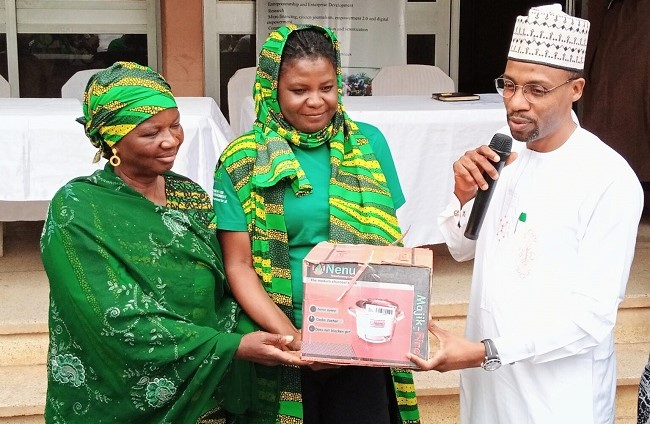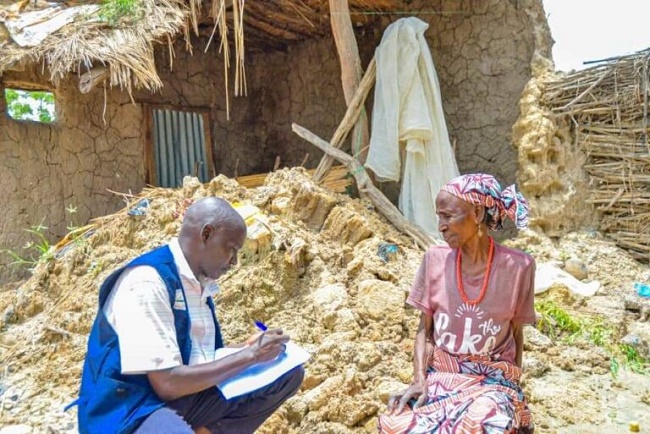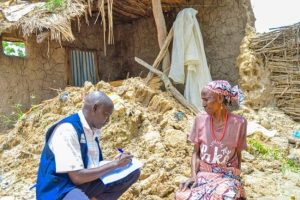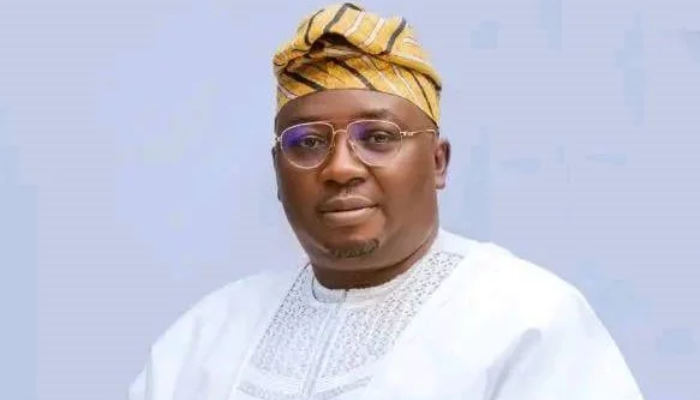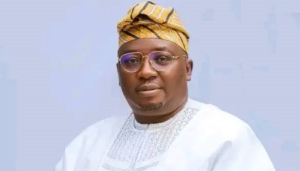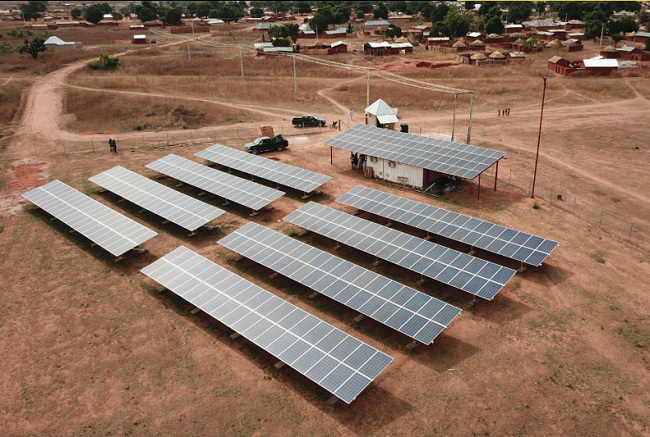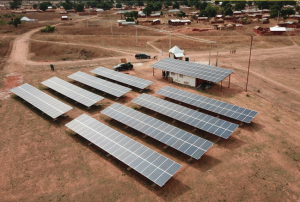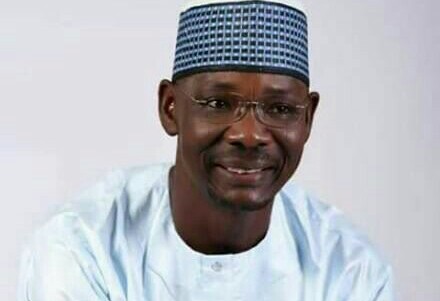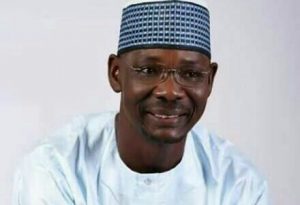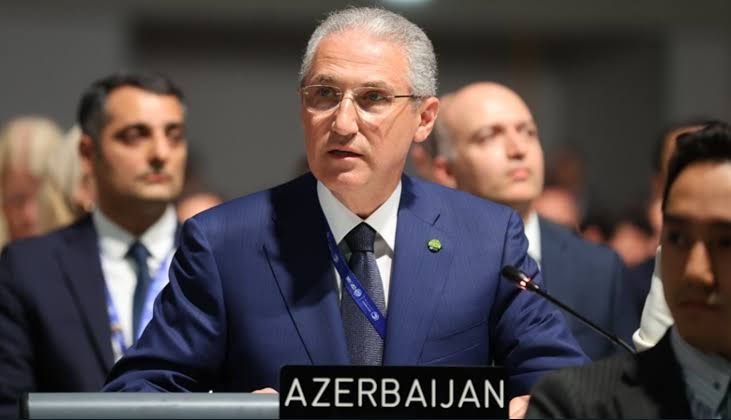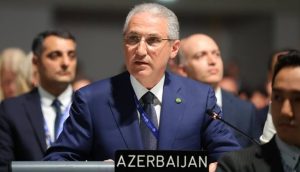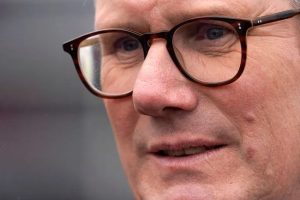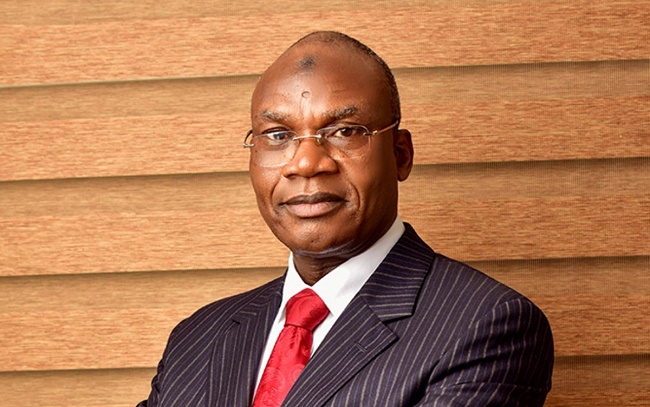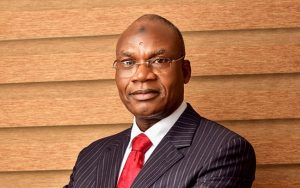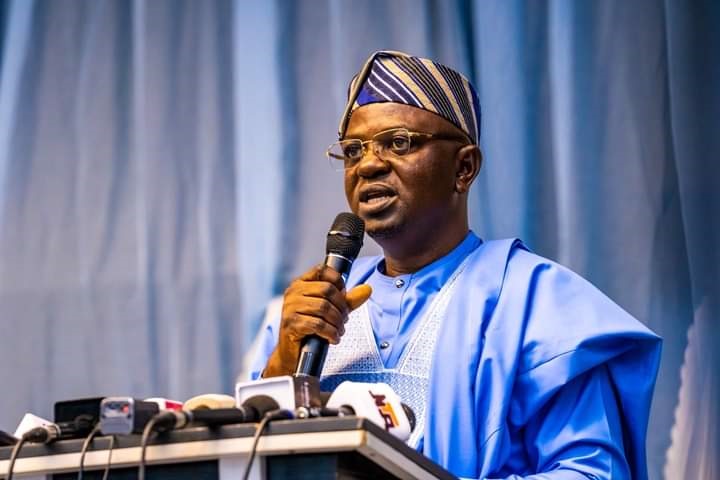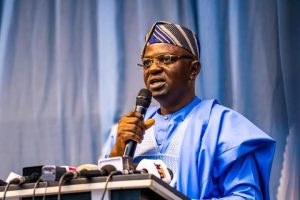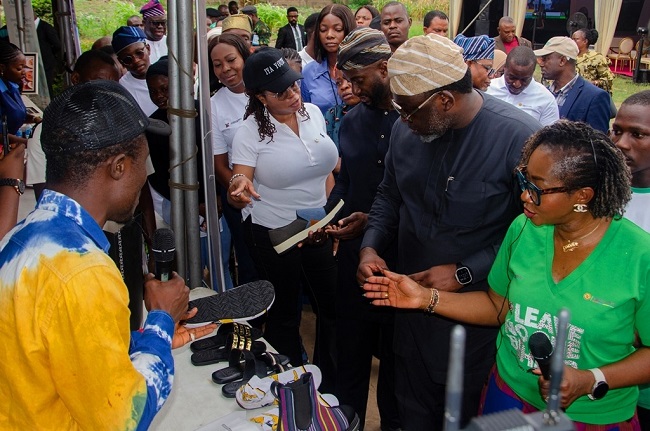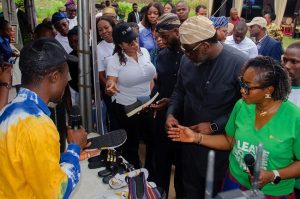An NGO, Women Initiative for Sustainable Environment (WISE), in collaboration with the Kaduna State Ministry of Environment and Natural Resources, has distributed clean cookstoves to 400 women in the state.
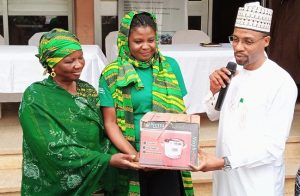
The stoves were distributed during a one-day clean cookstoves awareness, advocacy, demand creation and distribution drive in Kaduna, the state capital, on Friday, August 30, 2024.
The founder and Programme Director, WISE, Mrs Olanike Olugboji-Daramola, explained that the gesture was part of efforts to tackle the problems of climate change.
Olugboji-Daramola explained that the initiative, with the theme, “Empowering Lives and Saving Our Planet, One Clean Cook Stove at a Time”, was supported by the Federal Ministry of Environment, Women’s Earth Alliance and Nenu Engineering Ltd.
Quoting a WHO’s report, the programme director said that Nigeria tops the list of countries where women die of smoke related illnesses.
She added that the report further showed that women who cook three square meals over open fire, were estimated to have smoked between 23 to 24 packets of cigarettes a day.
“These women, who cook three square meals for their households in small, enclosed spaces with firewoods, were ignorant of the smoke they inhale, and the serious challenges it poses to their health.
“Therefore, promoting the use of clean cookstoves will help women to solve the problem of inhaling bad smoke and enable the women to drive solutions to climate change issues in their various communities,” she said.
She said that WISE had so far distributed over 60,000 clean cookstoves, and mobilised and trained more than 1,860 clean cook stoves entrepreneurs and advocates across the country.
Earlier, the Kaduna State Commissioner for Environment and Natural Resources, Mr Abubakar Buba, described the clean cookstoves initiative as a win-win for the families and the environment.
Buba said that the use of clean cookstoves reduces carbon emissions to the atmosphere, adding that it would equally reduce the use of firewood for cooking by women, particularly those in rural communities.
This, according to him, will reduce the rate of felling down of trees for firewood, thereby, mitigating the impact of climate change.
On the importance of trees to the environment, Buba said that trees purify the air people breathe and also serve as carbon absorbents.
He reiterated that the Kaduna State Government frowns at felling trees, adding that the government was open to partnership with stakeholders to make the state greener.
On her part, the Permanent Secretary in the ministry, Ms Linda Yakubu, warned the beneficiaries against selling the stoves in the market.
Yakubu urged the women to use the stoves as intended so they could contribute to ongoing efforts to address the impact of climate change.
Some of the beneficiaries and advocates of clean cook stoves, Mrs Asibi Hassan and Mrs Hauwa Magayaki, described the initiative as a game-changer in cooking for their families.
Hassan said that using the stoves not only improved their health but saved time and money.
Magayaki, on the other hand, said that the clean cookstoves initiative has empowered women to take control of their health and environment.
“We have learned about the dangers of smoke inhalation and the importance of reducing carbon emissions.
“We are grateful to WISE and its partners for providing us with these stoves and educating us on their benefits.
“The distribution of these stoves is not only improving the health of women, but also contributing to the reduction in carbon emissions.
“We are proud to be a part of this movement towards a more sustainable future,” she said.
By Sani Idris

